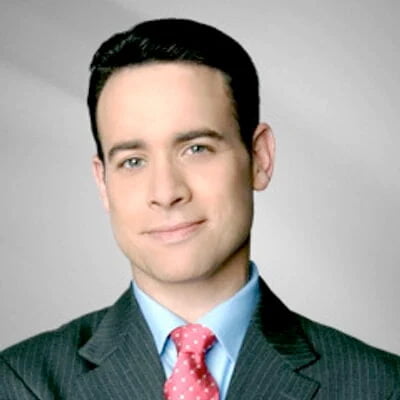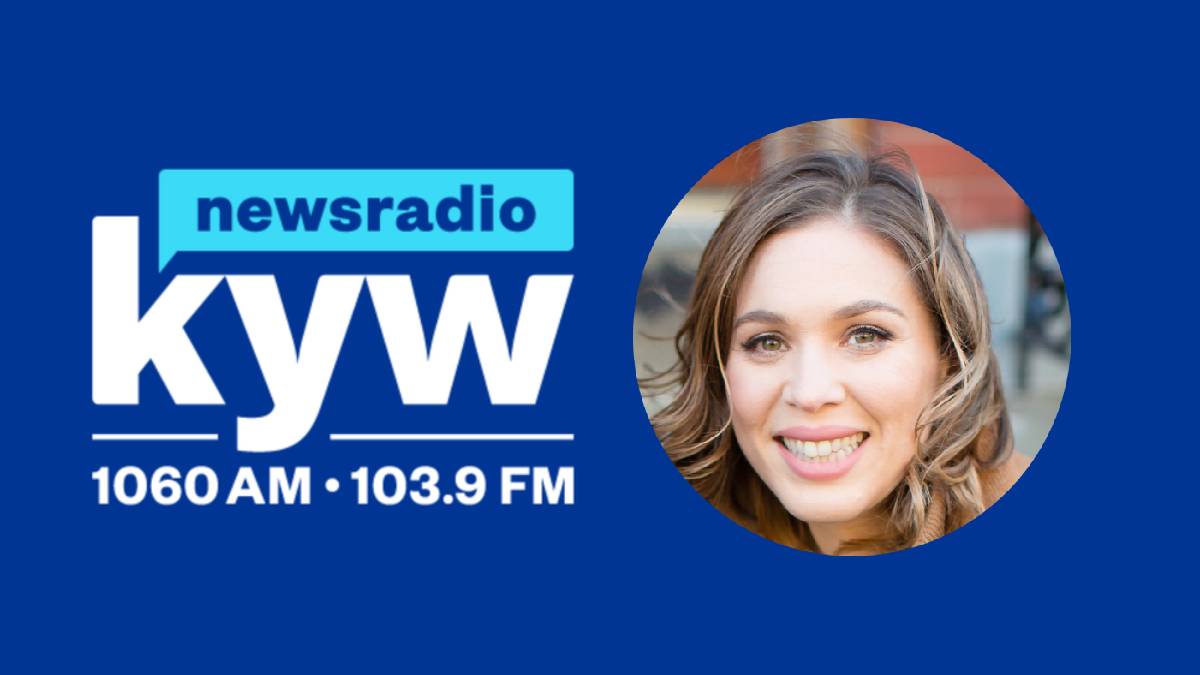It’s been an interesting stretch in local journalism. Late last week, The Wall Street Journal published a piece about the dozens of newspapers across the country that exist but don’t even employ a single full-time reporter. That can’t be good. Some talk radio stations may have a similar setup, featuring a nationally syndicated lineup. That also isn’t good.
Let’s face it though, we all sort of felt that anyway, and having a newspaper with a few freelancers is better than no paper at all.
Then, here in Connecticut, Hearst Media, the state’s most powerful newsgroup, snatched up a handful of small-town papers, giving it more than two dozen publications, including eight daily newspapers.
Nationally, it has a network of print, digital, and broadcasting entities.
Oh, and as an aside, a recently defunct newspaper was brought back to life by a publishing company that doesn’t even have any newspapers in its largely magazine portfolio.
The message may not be entirely new, but it is clear: To make money in anything involving local media, you absolutely have to have scale, business efficiency, and production synergies. It’s pretty much binary these days; either go out of business or be part of some massive media group.
Lost in that whole matrix, of course, is a truly hyper-local focus, although to be honest, the Hearst endeavor is trying to flood the zone by aggregating all of its news brands into one central website, CTInsider.
At the same time, it actually feels like radio has succeeded in filling some of the void, especially over the last month or so.
One town had a massive pushback on a taxation issue. It absolutely dominated the radio airwaves, and the entire town leadership was voted out. Afterward, more than a few citizens thought the momentum began on the radio.
Right after the election, a new story came to the fore: Electric vehicles. The Governor here committed to following California and formalizing the effort to ban all sales of new gas-powered vehicles by 2035.
It’s a big deal.
The cars are expensive. The infrastructure isn’t there. Appetite for the vehicles has stalled. And all of this would need to change in a short and expensive period of time.
Pressure was brought to bear. Legislators buckled before the vote. The Governor pulled the plug on the committee before what could have been an embarrassing vote that would have shown bi-partisan support for tabling the mandate.
Why am I telling you all this stuff that, perhaps, only people in Connecticut care about?
Good question.
Radio.
Talk radio may not be the sole reason the issue took a dramatic turn, but it certainly seemed to play a role. Hosts took up the issue, and it lit a fire under the audience. I know that several shows on my station talked about it nearly all day, every day. That clamor was heard loud and clear as a huge swath of the listening population seemed to truly reflect the larger population and didn’t seem to like a mandate that essentially would be codified by a committee of 14 state senators.
“There are certain issues that are visceral,” said Todd Feinberg, who hosts the afternoon drive show on my station, WTIC 1080. “We still have expectations that certain decisions should come from the people.”
The banning of new gas car sales in little more than a decade seemed to be one of those decisions.
As Feinberg sees it, the remaining written journalism doesn’t pack much of a punch – it’s devoid of opinion, but more importantly, to him, it’s all sort of generic. Radio can still have the nuts and bolts of that generic reporting, but it also has opinion, analysis, and passion.
“Radio fills a void, but we’re not doing reporting, and newspapers aren’t doing reporting, either,” Feinberg said. “Opinion is the only way to hear opposing ideas because media is so uniform in the stories it presents.
“Opinion is really powerful because you can have a conversation and explore ideas. At least the listener can hear an issue to get fleshed out.”
I can’t find a quantitative throughline that definitively proves radio directly influenced the dramatic political shift on this issue. But when an overwhelmingly popular Governor – Ned Lamont is in the top 10 for most popular Governors in the latest Morning Consult poll — loses some votes in his own party over a rather important issue, where else is the public getting the debate?
Not in the newspapers, that’s for sure.

Brian Shactman is a weekly columnist for Barrett News Radio. In addition to writing for BNM, Brian can be heard weekday mornings in Hartford, CT on 1080 WTIC hosting the popular morning program ‘Brian & Company’. During his career, Brian has worked for ESPN, CNBC, MSNBC, and local TV channels in Connecticut and Massachusetts. You can find him on Twitter @bshactman.









